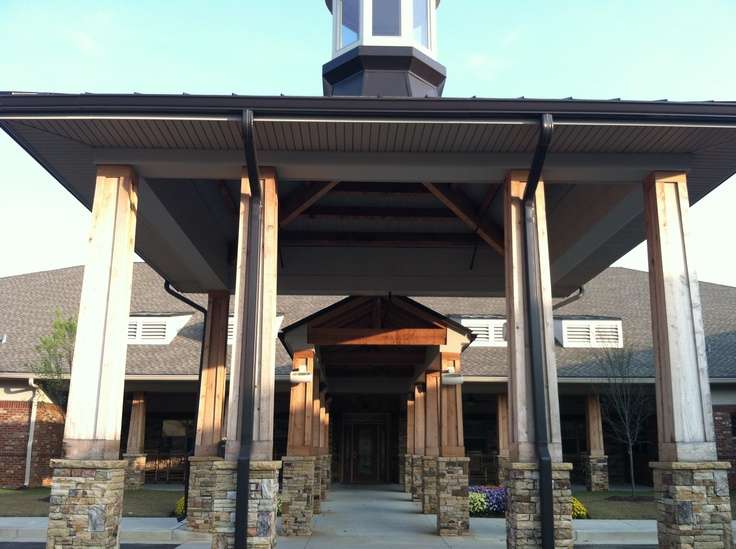The physical and emotional demands on family members who take care of a loved one suffering from dementia or Alzheimer’s disease can, over time, become exhausting and overwhelming. Caretakers are at higher risk of illness because they often neglect themselves to care for their sick spouse or parent. It’s important to know when the caregiver has reached his or her limit so you can start looking for a good dementia care program. The right dementia residence will provide your loved one with the professional care he or she needs in a supportive and home-like environment.
One of the most difficult aspects of dementia is the changes that occur in your loved one’s actions and thinking processes. Sufferers often exhibit a range of challenging behaviors, including aggression, suspicion, agitation, wandering, incontinence, and inappropriate comments. When you search for a dementia care program, assess how administration and staff handle these challenging behaviors. Do they:
1. Follow a patient-centered care philosophy?
This is a philosophy that considers each residence as a valued individual worthy of respect, privacy and affection. It is an approach increasingly followed by more progressive dementia care programs. The goal of patient- or person-centered care is to create a positive, failure-free environment that minimizes the use of psychotropic medication to manage difficult dementia behavioral symptoms.
2. Respect their residents?
Staff should not treat your dad like a child by talking down to him, scolding him or speaking in baby tones. Respectful behavior toward dementia patients is very important to reducing agitation. Be wary of communities where the residents appear to be ‘warehoused’, ignored or frequently corrected.
3. Smile and make eye contact?
People with Alzheimer’s or other dementias often react to facial expressions and non-verbal cues. A smile and direct eye contact can reduce challenging behavior since these are reassuring and non-threatening expressions recognizable by everyone. Staff who smile communicate that they are happy to be spending time with your mom or dad.
4. Address residences by name or chosen title?
Maybe your dad was a physician in his professional life and still likes to be called “Doctor Smith” by staff. That’s perfectly OK and shows that administrators and staff have made an effort to learn about the background and history of each resident.
5. Choose not to verbally escalate?
As you know, dementia sufferers often live in their own world, confusing time, events and people. They can become suspicious and might, for example, accuse staff of stealing from them. Staff should never directly correct these erroneous impressions, because this will verbally escalate the situation and increase agitation. Instead, they need to be well-trained in redirecting the conversation in a non-confrontational manner.
6. Talk directly to the resident?
Staff must not talk about the patient as if she’s not there. If they have a question for your mom, they should ask her first and give her the chance to answer before asking you or other family members.
7. Provide gentle physical touch?
Provided physical contact doesn’t upset your loved one, it’s a wonderfully positive way to reach a dementia sufferer. Watch how staffers interact physically with residents: do they offer to hold hands or put an arm around your dad as they help him to lunch?
Choose a good dementia care program with a patient-centered care philosophy and staff who are well-trained in coping with the challenging behaviors of dementia. What tools have you found to be successful?
Are you looking for some peace of mind after an Alzheimer's or dementia diagnosis?
The best dementia care programs have many programming, safety and accomodation components. Learn how we've combined these to bring the latest in dementia care programming to our communities.












